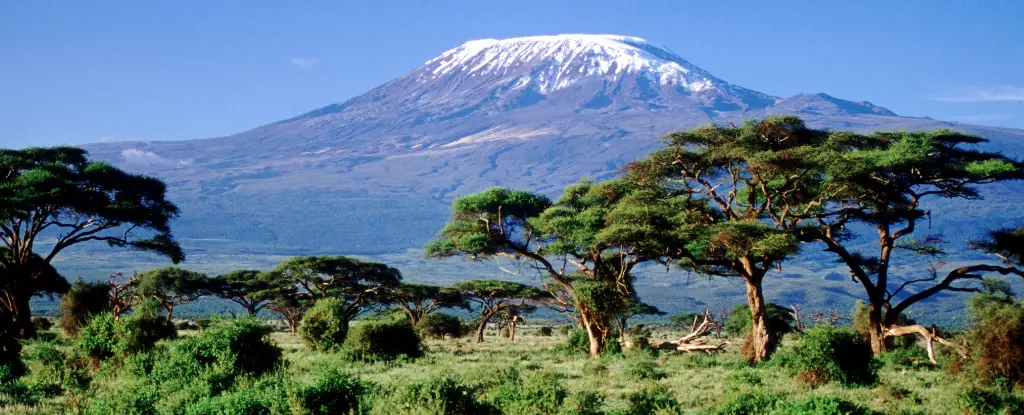As globalization sweeps the world, African cultures are at a pivotal crossroads in dietary practices. Once revered for their diverse and nutritious diets, many African communities are increasingly adopting Western eating habits laden with processed foods and empty calories. This trend raises critical questions about the impact of food transitions on health, particularly as more research is focused on traditional diets from regions like the Mediterranean and Japan while often neglecting Africa’s rich culinary heritage. This oversight is alarming and reflects a broader trend of underestimating the wisdom embedded in Africa’s culinary traditions, which have evolved to support metabolic and gut health over millennia.
The Shifting Nutritional Landscape
A recent study led by infectious disease specialist Quirijn de Mast offers insight into the health repercussions of switching between traditional African diets and Western foods. By investigating the dietary effects on 77 men from Northern Tanzania, the research provides a startling glimpse into how swiftly our bodies can react to dietary changes. Traditional staples—root vegetables, grains, fermented dairy—boast a wealth of nutritional benefits. In stark contrast, the introduction of Western foods, such as sausages and refined breads, resulted in inflammatory markers and metabolic dysregulation in just a matter of weeks. This stark transformation begs the question: what is lost when communities abandon their nutritional heritage in favor of convenience and allure that come with fashionable Western diets?
The Double-Edged Sword of Globalization
The accelerated adoption of Western diets across Africa represents a double-edged sword. On one hand, it is a mark of globalization and integration; on the other, it threatens the foundational pillars of health that stem from age-old eating practices. The research indicates that the participants consuming traditional Kilimanjaro foods experienced vibrant health benefits such as improved immune responses and decreased inflammation. Conversely, those transitioning to Western diets reported weight gain and diminished immune function. The conclusion is glaring: Western foods often compromise the body’s ability to fend off infections and foster chronic conditions, turning an ostensibly benign dietary switch into a health crisis.
The Call for a Culinary Reawakening
As we delve deeper into the study’s findings, it becomes evident that a reevaluation of dietary choices is not just personal but cultural. The traditional African diet offers a smorgasbord of flavors and nutrients, including locally sourced grains and wholesome fermented dishes, that many Western diets presently lack. The detrimental effects of high-calorie, processed food consumption manifest not only in body weight but also in overall wellness—an aspect that should not be taken lightly as it implies a loss of cultural identity and health.
By highlighting these insights, researchers like de Mast echo a call to action: understand and appreciate the significant health benefits inherent in traditional African diets. The longevity and vitality witnessed in populations adhering to these age-old practices serve as powerful reminders of the potential outcomes of nutrition rooted in cultural heritage.
Empowering Choices in Diet
The conversation must revolve around choice and cultural pride. By recognizing how deeply food interweaves with identity, we can better empower individuals and communities to make informed dietary decisions. It’s crucial to educate younger generations about the importance of their nutritional roots and the value of diversified diets, thus fostering an environment where both traditional and modern techniques coexist. The rich tapestry of flavors found in African diets, from wholesome porridge to probiotic-rich fermented drinks, should not be relegated to mere nostalgia, but rather celebrated as part of a sustained healthy lifestyle.
We find ourselves at a societal juncture where the impacts of dietary choices are visible not just in personal health, but across communities and nations. As Western influences proliferate, the urgency to reclaim and celebrate traditional African culinary knowledge becomes paramount. The health of individuals and the well-being of entire populations depend on this reclamation, reinforcing that one’s heritage is not just a link to the past; it is fundamentally tied to the future of health and vitality.


Leave a Reply